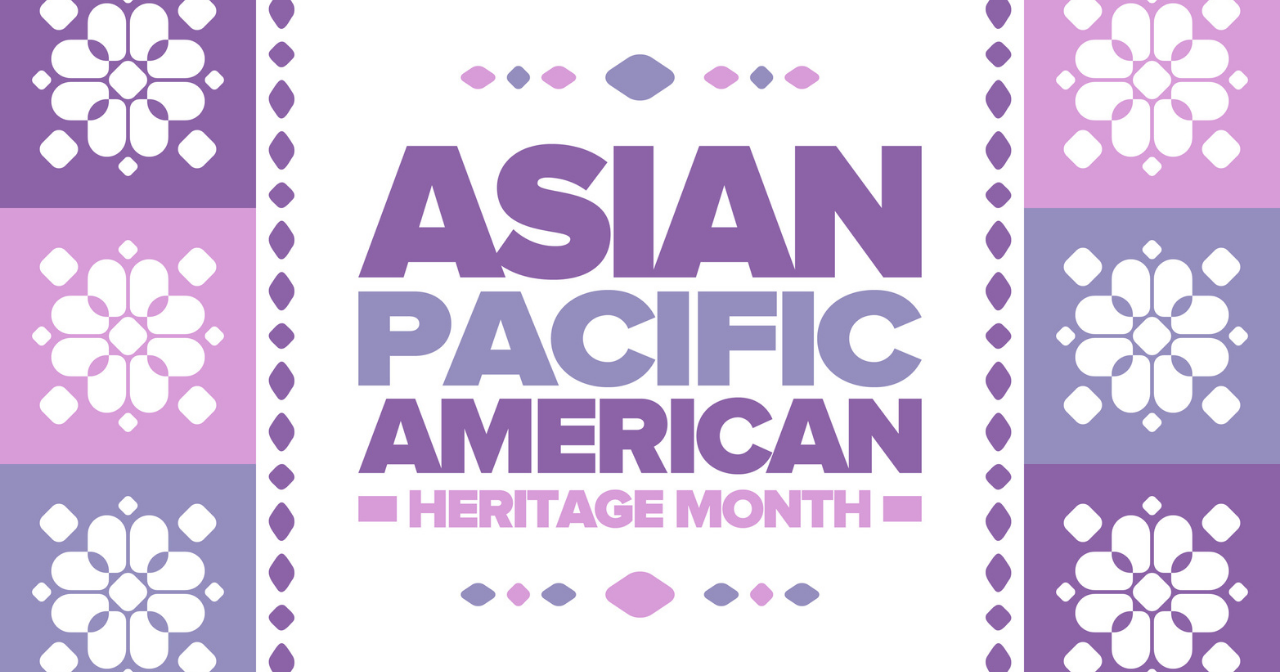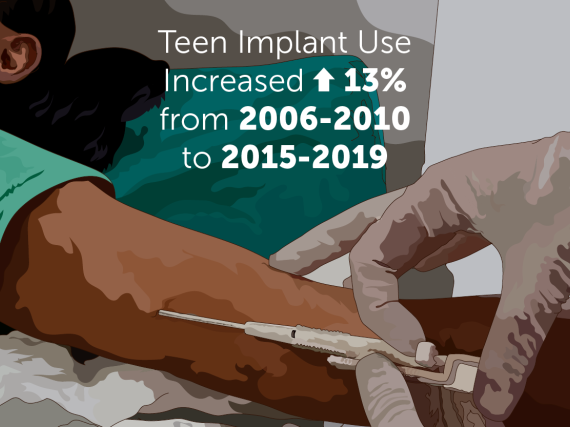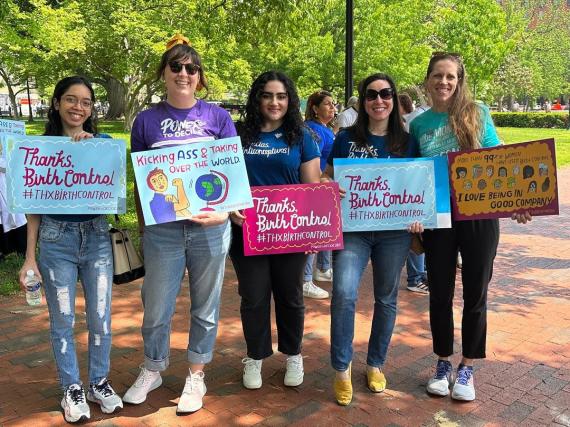Talking is Power and the AAPI Community
In May, we recognize Asian American and Pacific Islander (AAPI) Heritage Month. This year’s theme, set by the Federal Asian Pacific American Council, is “Advancing Leaders Through Collaboration.” In addition to our work fighting for contraceptive access and providing high-quality and accurate information on sexual health and birth control, Power to Decide actively promotes the work and voices of a diverse group of leaders of sexual and reproductive health.
Three amazing examples of Asian Americans using their voices to educate and advocate for better health for everyone include leaders like:
- Representative Judy Chu who introduced the Women’s Health Protection Act and chairs the House’s Pro Choice Caucus’s Contraception and Family Planning Task Force.
- Nadya Okamoto whose organization PERIOD has active volunteer chapters in 42 US states and 27 countries and in 2021 distributed period products to cover more than three million menstrual cycles to those most in need.
- Dr. Staci Tanouye who uses social media normalize women’s bodies and share facts about sexual health and the reproductive system.
Asian Americans are the fastest growing minority group in the United States. But they are often overlooked by researchers in all areas, including when it comes to examining issues related to sex, STIs, and pregnancy prevention. We do know that AAPI young people are significantly less likely to use a contraceptive method when they first have sex and that less than 40% of AAPI women regularly use birth control. While these facts are likely in part explained due to barriers to reproductive health access, including access to the full range of contraceptive methods, cultural stigmas in Asian American communities around sexuality may also play a role.
These stigmas may inhibit many Asian Americans from talking about sexual health. Adolescents in one study reported that teachers and friends were who they turned to first for information about sexual health while parents and health care providers were the last source they reported they would consult.
In contrast, our own research has found that 52% of teens age 12-15 say that their parents most influence their decisions about sex. And that 90% of adults agree that conversations about sex, love, and relationships positively influence youth to make informed decisions about these critical issues.
May also marks our Talking Is Power campaign, which encourages the parents and champions of young people to begin or continue conversations about sex, love, and relationships. This month is the perfect opportunity for those who care about AAPI teens to talk because all young people need and benefit from caring champions in their lives. We know that these talks can feel daunting, so we’ve compiled resources, facts, and guides to help you get started.
All information is power. No matter your role in their life, use the month of May to have inclusive convos about sex, love, and relationships. Ensuring the young people in your life are fully informed about all their options means that they’re more likely to make a decision that matches their intentions for their future.



